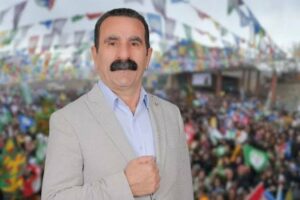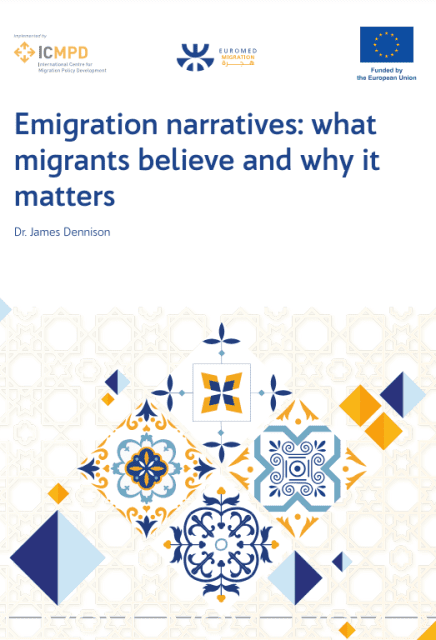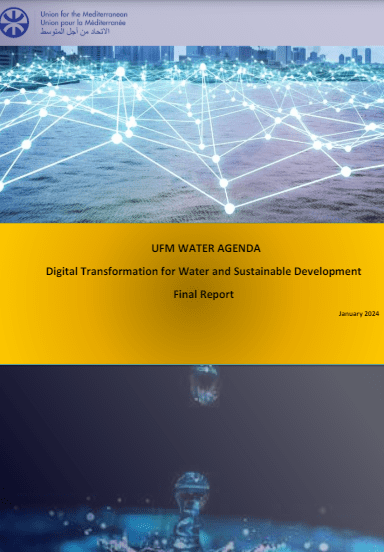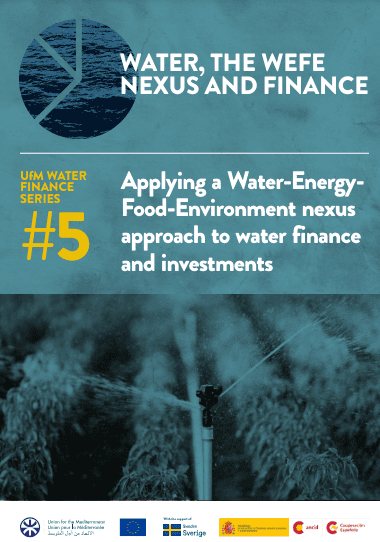ByTurkish Minute
June 6, 2024

DEM Party co-Chairperson Tülay Hatimoğulları
Turkey’s pro-Kurdish Peoples’ Equality and Democracy Party (DEM Party) has called for early elections amid the removal of its mayor in a southeastern city from office, saying the government has lost its legitimacy by disrespecting the will of the people, the Artı Gerçek news website reported.
On Monday the interior ministry announced the removal of former Hakkari co-mayor Mehmet Sıddık Akış of the DEM Party from office due to an ongoing investigation and a separate trial on terrorism-linked charges. He was replaced by Hakkari Governor Ali Çelik. The ministry’s move attracted widespread criticism and protests for being “anti-democratic” and “hijacking” the will of the Kurdish people.
DEM Party Co-chairperson Tülay Hatimoğulları, who has been in Hakkari for several days to join demonstrations protesting Akış’s removal, and the party’s other co-chairperson, Tuncay Bakırhan, met with representatives from civil society organizations in Hakkari on Thursday.
Hatimoğulları said at the meeting that Turkey should immediately hold early elections because the ruling Justice and Development Party (AKP) and its far-right ally, the Nationalist Movement Party (MHP), have lost their legitimacy, resorting to illegitimate measures to stay in power.
She said the results of the March 31 local elections in which the AKP sustained its worst election defeat since its establishment in 2002 and the MHP lost significant public support made clear that they no longer have legitimacy.
The March 31 elections produced surprising results for the AKP, with the main opposition Republican People’s Party (CHP) emerging as the country’s leading party for the first time in decades, receiving 37.7 percent of the vote. The AKP’s nationwide support, however, stood at 35.4 percent, while the MHP garnered 4.9 percent.
She accused the AKP and the MHP of taking political revenge for their election loss on the DEM Party by removing its democratically elected mayor.
Akış, the first mayor ousted from office since the March 31 local elections when the DEM Party won a dozen provincial municipalities in the predominantly Kurdish southeast, was also handed down a prison sentence of 19 years, six months at the 61st hearing of his trial on Wednesday.
“This illegitimate palace administration and its ally should immediately resign. If they don’t, Turkey should immediately hold early elections. The circumstances necessary for early elections have emerged in the country,” she said.
The last time Turkey held presidential and parliamentary elections was May 2023. The next elections are scheduled for 2028.
Meanwhile, CHP leader Özgür Özel, who refused to call for early elections following the AKP’s electoral defeat on March 31, maintained his stance and said his party would not make such a call.
He told reporters on Thursday that such a decision can only be made upon a demand from the nation, adding that with its 127 seats in parliament, the CHP is not in a position to call for early elections.
The 600-seat Turkish parliament can call early elections only if three-fifths of the lawmakers — 360 MPs — support it.
Meanwhile, a group of lawmakers from the DEM Party on Thursday hung a banner that read “Trustee, go away” on the Bosporus Bridge in İstanbul in protest of the replacement of the DEM Party mayor in Hakkari with a government-appointed trustee.
ByTurkish Minute
June 3, 2024
Turkey’s Interior Ministry has removed Mehmet Sıddık Akış, the co-mayor of Hakkari from the pro-Kurdish Peoples’ Equality and Democracy Party (DEM Party), and replaced him with a trustee two months after his election to office, according to a statement from the ministry.
Akış, who was elected with 48.9 percent of the vote in the March 31 elections, was detained by law enforcement in the eastern province of Van on Monday morning. There was also a police raid on the Hakkari municipal building late on Sunday.
The ministry announced on X on Monday that the mayor was removed due to an ongoing investigation and a separate trial on terrorism-linked charges. He was replaced by Hakkari Governor Ali Çelik.
Akış is being investigated on accusations of membership in a terrorist organization in a probe launched by the Hakkari Chief Public Prosecutor’s Office and also standing trial at the Hakkari 1st High Criminal Court on charges of running a terrorist organization, membership in a terrorist organization and disseminating the terrorism propaganda for the outlawed Kurdistan Workers’ Party (PKK), according to the ministry’s statement.
The PKK is designated as a terrorist organization by Turkey and its Western allies.
The fact that the mayor has been removed from office without a conviction has led to comments about the violation of the presumption of innocence.
“Mehmet Sıddık Akış was dismissed from his duties as a temporary measure,” the ministry said on X and “was taken into custody for belonging to a terrorist organization.”
 DEM Party Hakkari Mayor Mehmet Sıddık Akış
DEM Party Hakkari Mayor Mehmet Sıddık AkışIt was the first time a Kurdish mayor has been removed from office since the March 31 local elections in which the DEM Party won control of 77 municipalities across Turkey.
“Will of the Kurdish people hijacked”
Akış’s removal and detention have attracted widespread criticism from the DEM Party and others who accuse the government of hijacking the will of the Kurdish people.
DEM Party deputy group chairperson Gülistan Kılıç Koçyiğit, who spoke following a meeting on Monday, said her party has decided to hold vigils in front of the DEM Party-run municipalities in protest of the ministry decision to remove the Hakkari mayor and to defend the will of the people of Hakkari.
She accused the Justice and Development Party (AKP) of retaliation for its defeat in the March 31 elections with its actions in Hakkari.
The March 31 elections produced surprising results for the AKP, while the main opposition Republican People’s Party (CHP) emerged as the country’s leading party for the first time in decades, receiving 37.7 percent of the vote. The AKP’s nationwide support, however, stood at 35.4 percent.
Koçyiğit also called on everyone to attend the vigils and extend their support to the DEM Party in the wake of the anti-democratic move by the government.
Meanwhile, the Hakkari Governor’s Office on Monday announced a ban on public demonstrations, protests and marches in the province for a period of 10 days in an apparent bid to prevent protests against the removal of the city’s mayor. A similar ban was also announced for Diyarbakır for a period of four days by the Diyarbakır Governor’s Office on Monday.
Veteran Kurdish politician Ahmet Türk, the co-mayor of Mardin, told the Sözcü daily that the AKP government is resorting to such anti-democratic measures due to a loss of public support given the fact that the party sustained its worst election defeat in the March 31 elections.
Türk said although there were concerns about a new wave of trustee appointments, there was a widespread belief among DEM Party officials that the AKP government would not resort to such a measure for a third time.
The mayor called on all opposition parties to raise their voices and object to the violation of the will of the people.
The DEM Party’s predecessor, the Peoples’ Democratic Party (HDP), won 65 municipalities in Turkey’s eastern and southeastern regions in the local elections on March 31, 2019, but due to the decisions of Turkey’s Supreme Electoral Board (YSK) in six cases and the Interior Ministry, nearly 50 mayors have been removed from office or not allowed to assume office.
Some Kurdish-run municipal officials had been replaced by trustees earlier in 2016.
The Turkish government claimed the appointment of trustees was a counterterrorism measure and that the elected mayors were funneling municipal funds to the PKK.
The mayors denied the accusations and described them as politically motivated.
The Diyarbakır Bar Association called on the Interior Ministry in a statement on X to immediately return Akış to office while recalling that the right to stand trial, be elected and engage in political activities are indispensable elements of a democracy.
CHP against trustees
Leader of the main opposition CHP Özgür Özel described the appointment of a trustee to the Hakkari Municipality only two months after the election as the “hijacking of the will of the people.”
He called on the government to remove the trustee and restore the city’s mayor to his position.
“We are on the side of democracy and the people’s will and against trustees,” Özel said in a tweet on X.
The European Parliament’s Turkey rapporteur, Nacho Sanchez Amor, also commented on the removal of the Hakkari mayor from office on X on Monday, describing it as a “blatant attack to democratic principles & total disregard to people’s will.”
Amor also called the move the “fastest way” for the Turkish government to destroy any hope of reviving Turkey’s EU membership talks, which have been frozen for years.
In the March local elections, the DEM Party — accused by the Turkish government of links to the PKK, won 10 provincial municipalities in Turkey’s predominantly Kurdish southeast, including the region’s largest city, Diyarbakır.
The party won back 37 of the 48 municipalities whose mayors were ousted by the government after the 2019 elections.
Turkish President Recep Tayyip Erdoğan stepped up a crackdown on the Kurdish political movement following a failed coup in July 2016, arresting dozens of Kurdish politicians, removing democratically elected mayors and closing down Kurdish media outlets.








